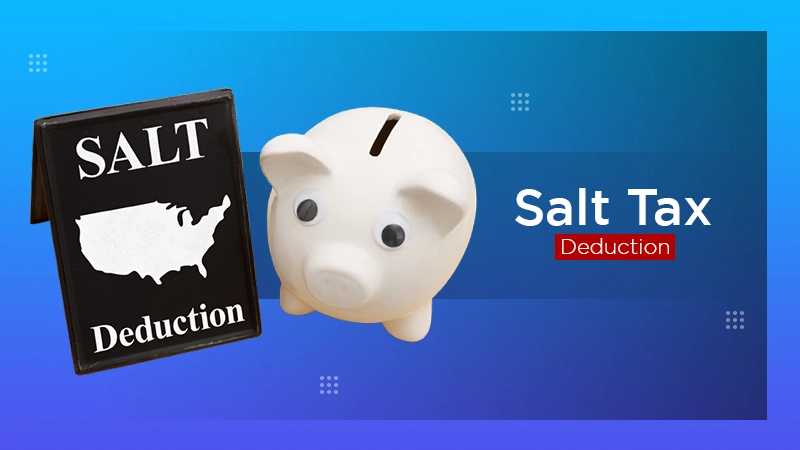
For millions of Americans struggling with tax debt, the term “IRS Fresh Start Program” sounds like a miracle solution, a chance to erase years of financial stress and start over. But between online misinformation, exaggerated claims, and complicated eligibility rules, few truly understand what the program entails or who can benefit from it.
That’s where trusted resources like TaxLawAdvocates.com come in, helping taxpayers cut through confusion and work directly within the IRS framework to find practical, legitimate relief. Understanding the facts behind the program, and separating them from myths, is essential before making any decisions about your tax situation.
What Is the IRS Fresh Start Program?
The IRS Fresh Start Program isn’t a single one-time initiative but rather a collection of expanded relief options introduced by the IRS in 2011 to help taxpayers resolve back taxes more easily. The goal was to make compliance achievable, not punitive, especially after the 2008 financial crisis left many unable to pay what they owed in full.
The program includes several tools, such as:
- Installment Agreements: Allowing taxpayers to pay off debt in manageable monthly payments.
- Offer in Compromise (OIC): Letting qualified individuals settle their debt for less than the full amount owed.
- Tax Liens Adjustments: Raising the filing threshold and enabling lien withdrawals once balances are resolved.
- Penalty Relief: Helping those who’ve shown good faith efforts but faced unavoidable hardship.
While these options remain available today, they’re often misunderstood or misrepresented online, leading to costly mistakes for taxpayers who fall for common myths.
Myth #1: The IRS Forgives Tax Debt for Everyone
One of the biggest misconceptions is that the Fresh Start Program automatically wipes away tax debt. In reality, debt forgiveness is rare and conditional.
The Offer in Compromise, for example, is only approved when the IRS determines that full repayment is unlikely and that the offered amount represents the taxpayer’s “reasonable collection potential.” Most applicants must demonstrate genuine financial hardship, limited income, and minimal disposable assets.
While the program does provide relief, it’s not a blanket “debt cancellation” plan, it’s a structured, case-by-case negotiation.
Myth #2: You Can Qualify Without Documentation
Many taxpayers believe they can apply with a simple form or online submission. However, the IRS requires extensive financial documentation, including income statements, asset listings, and living expense breakdowns.
Even a minor omission or misstatement can lead to delays or rejection. That’s why working with qualified professionals familiar with IRS standards, such as enrolled agents, CPAs, or tax attorneys, can dramatically improve approval odds and prevent unnecessary errors.
According to the IRS official guidance on Offer in Compromise, every case is reviewed individually, with decisions based on full transparency of the taxpayer’s financial situation.
Myth #3: It Damages Your Credit Score

Some fear that entering into an installment agreement or settlement under the Fresh Start Program will ruin their credit. The truth is more nuanced.
While older tax liens used to appear on credit reports, the IRS stopped reporting tax liens to credit bureaus in 2018. Instead, repayment or settlement agreements may actually improve creditworthiness over time by reducing outstanding debt and preventing future collections.
As long as payments are made consistently and communication with the IRS remains active, the program can serve as a pathway to financial recovery, not a setback.
Myth #4: You Can Handle It Alone with Online Tools
It’s true that the IRS offers online applications and calculators, but the reality is that most cases involve nuances that automated tools can’t address. For example, determining “reasonable living expenses” or asset equity calculations often requires interpretation.
That’s where professional assistance adds value. Firms like TaxLawAdvocates specialize in representing taxpayers, negotiating directly with the IRS, and ensuring compliance without unnecessary stress or risk of error. For complex cases, especially those involving multiple years of debt or business taxes, this expertise can make the difference between acceptance and rejection.
Myth #5: The Program Is Only for Individuals
Another misconception is that the Fresh Start Program is limited to personal income tax. In fact, business owners, including sole proprietors and small companies, can also qualify, especially if they owe payroll or self-employment taxes.
The IRS considers a business’s ability to pay, its ongoing operations, and its potential to remain viable if given structured relief. For eCommerce entrepreneurs, gig workers, and freelancers, these provisions can offer a much-needed lifeline while keeping their business compliant.
The IRS Fresh Start Program isn’t a loophole or a quick fix, it’s a legitimate path to regain good standing through structured repayment and verified documentation. With the right guidance, it can help taxpayers reduce penalties, avoid levies, and rebuild financial stability.
Tax debt may seem daunting, but with clear information and professional support, the process becomes far more manageable.





